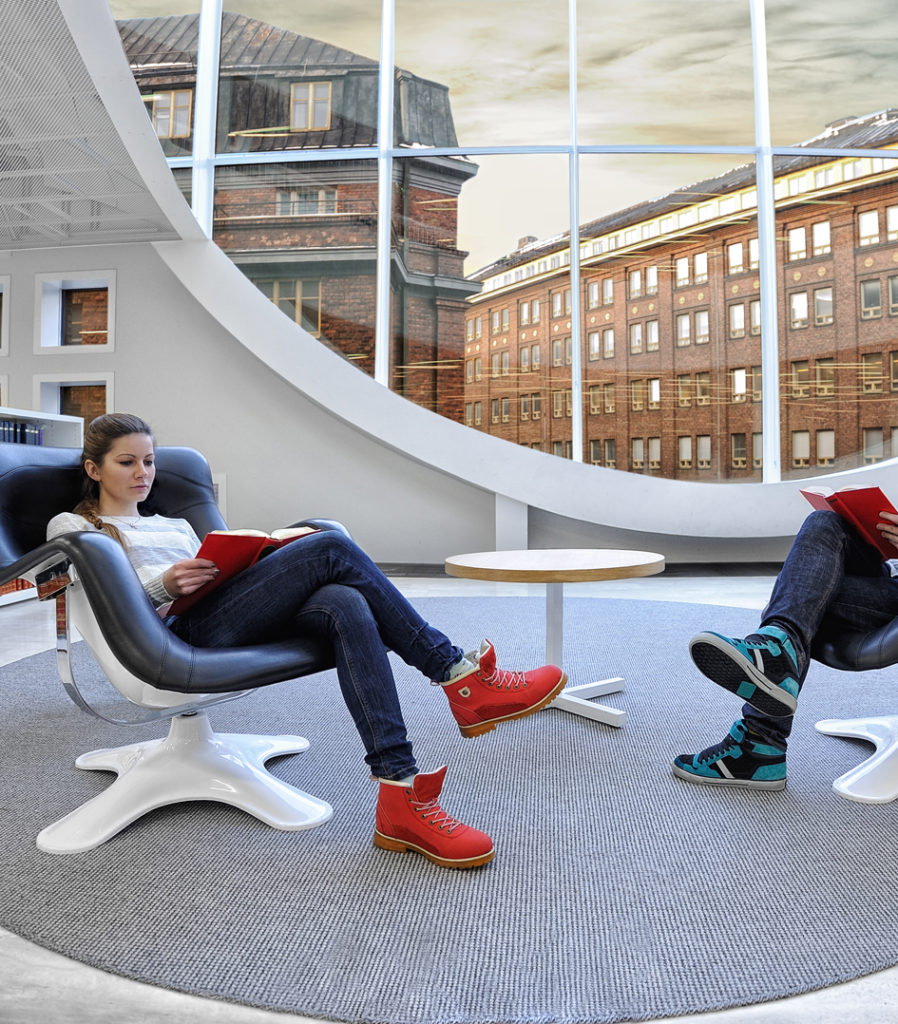The best country
in the world
In 2019, Finland ranked first in the Good Country Index that measured 153 countries’ performance based on 35 factors ranging from science and technology, international peace and security all the way to health and wellbeing. The study revealed that, relative to its size, Finland contributes more to humanity and burdens the planet less than any other country, ranking top in press freedom, cyber security, environmental agreements compliance, food aid and a handful of other criteria. The Good Country Index uses a wide range of data from the U.N. and other international organisations.









